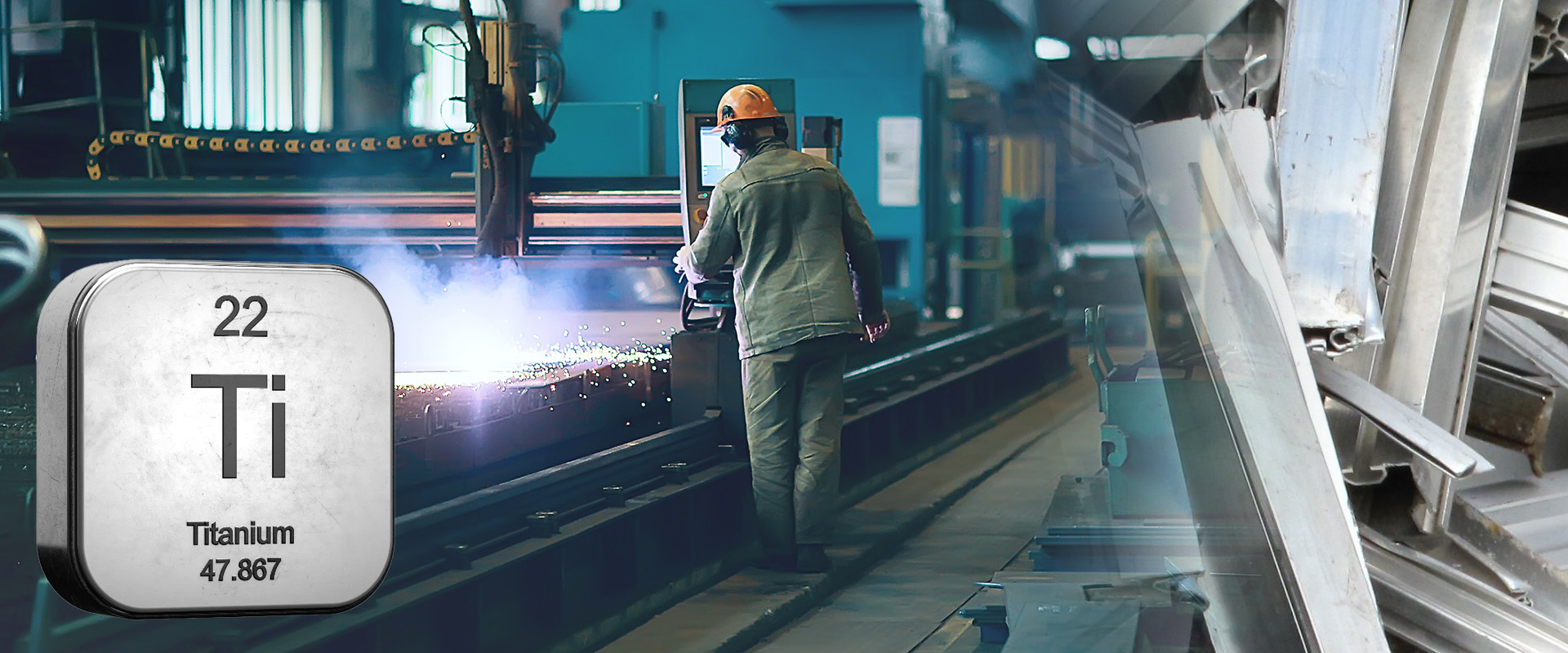Coming from a company in the business of selling aluminium grain refiner, the subject of this blog might seem a little strange. But bear with us.
The issue of ending up with too much titanium in the melt and alloys being rejected because of this came up in a recent meeting with a casthouse customer, who, like many others, has been forced to start using 100% scrap metal instead of some ‘virgin’ or prime metal to make their alloys.
This situation has been brought on by the global closure of smelters, or plants that reduce alumina to aluminium, as a result of rising processing fees and other market factors.
To put it in context, in the past, the composition of a furnace full of metal might contain 80% scrap and 20% prime metal. But because aluminium casthouses are now unable to get hold of prime metal, many are simply having to use 100% scrap.
Using scrap metal is a fantastic way to keep on reusing aluminium, there’s no doubt about it. Aluminium is one of the most recyclable metals on the planet and reusing it keeps the world on track to Net Zero and the industry in line with Carbon Border Adjustment Mechanism (CBAM) regulations. Increasingly so with demand for the use of ‘lightweight’, sustainable metals in the production of everything from EV to aerospace.
Titan problem
The big problem is that scrap metal generally contains residual titanium from previous casts, unlike ‘virgin’ metal.
When you then add in your aluminium grain refiner, you can find yourself with titanium above the end user’s specification. The alloys, therefore, do not meet specification and are rejected by the customer. Being ‘out of spec’ can be devastating for a casthouse business.
The customer we spoke to put two and two together and realised if they could significantly reduce how much grain refiner they needed to add to the melt without compromising quality, they might be able to resolve the issue.
Hearing of our premium, high efficiency Optifine 5:1 125 grain refiner and that it could bring down addition rates by a whopping 90% when compared with standard grain refiners, the customer undertook trials. Optifine was then rolled out across its operations, ultimately resolving the issue of too much titanium.
Optifine 5:1 125 has a 130% relative efficiency compared with Optifine 3:1, which, in itself, is three times more efficient than standard grain refiners on the market. This is unprecedented. Crucially, it means casthouses can also make cost savings while achieving excellent melt quality, especially in aluminium alloys with high tensile strength and high surface quality typically used in automotive applications.
Defining reason
While we had heard about titanium overload from casthouses having to use 100% scrap metal, we hadn’t realised it was such a defining reason for customers to use Optifine over standard grain refiners. And as more smelters close, we could be hearing more and more on this issue.
Do you also use scrap aluminium and are struggling with too high amounts of titanium, finding your alloys are ‘out of spec’? We may be able to help you find a solution.
Get in touch with our technical team today and we’ll be happy to talk you through it all.

